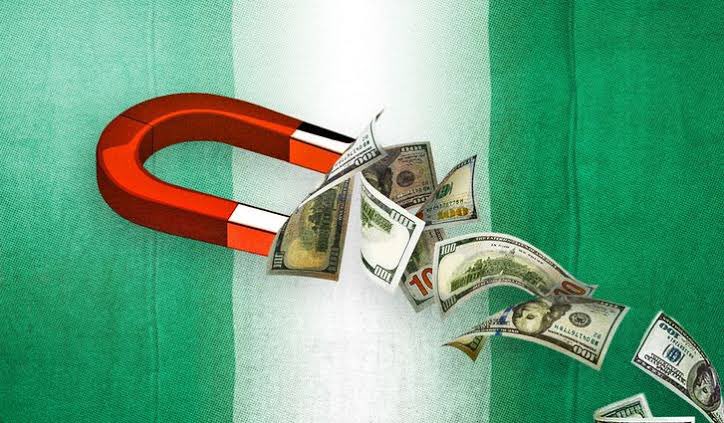The recent compilations and reports have revealed top 10 industries that garnered the highest amount of international investment in Nigeria in 2023. They are as follow:
- The Production/Manufacturing sector has shown remarkable strength, leading the way with a substantial influx of $1,590.79 million. This performance marked a significant increase from the $948.43 million seen in the previous year.
- Banking Sector
Despite a significant decrease from the previous year’s $2,089.60 million, the Banking sector, which serves as the foundation of Nigeria’s financial system, still managed to attract $832.64 million. - Financing Sector
With a substantial investment of $445.94 million, the Financing sector continued to play a vital role in supporting economic growth, despite experiencing a decrease from $791.16 million in 2022. - Shares
The Stocks industry saw an inflow of $294.08 million, down from $469.42 million in 2022, suggesting that investors are adopting a careful stance, possibly awaiting more conducive market conditions before engaging to equity investments in Nigerian companies. - Trading Sector
The inflow in the Trading sector was $237.52 million, a slight decrease from $265.35 million. This indicates that trade activities continue to be vital, with significant investments attracted by the movement of goods and services. - I T Services
Significantly, the I T Services sector experienced a substantial surge to $226.38 million from a modest $5.81 million, highlighting the growing prospects of Nigeria’s technology industry as a promising frontier for investment and innovation. - Telecomms Sector
Despite a decrease to $134.75 million from $456.83 million, the telecommunications industry continues to play a major role in attracting capital to the country, highlighting the continued demand for expanded telecommunications infrastructure and digital connectivity. - Electrical Sector
The substantial rise in capital inflow to $72.89 million, compared to $22.96 million, illustrates the Electrical sector’s progress in enhancing Nigeria’s power infrastructure and meeting the increasing need for electrical components and services. - Marketing Sector
The Marketing industry, receiving $22.13 million, has experienced a rise from $4.41 million, indicating the increasing significance of market research and advertising in the Nigerian economy. - Agriculture Sector
Receiving a funding amount of $19.91 million, the Agriculture sector experienced a decline from $95.80 million. This industry plays a vital role in ensuring Nigeria’s food security and generating employment opportunities. The investment statistics emphasize the necessity of placing greater attention on this sector to fully tap into its capabilities.
